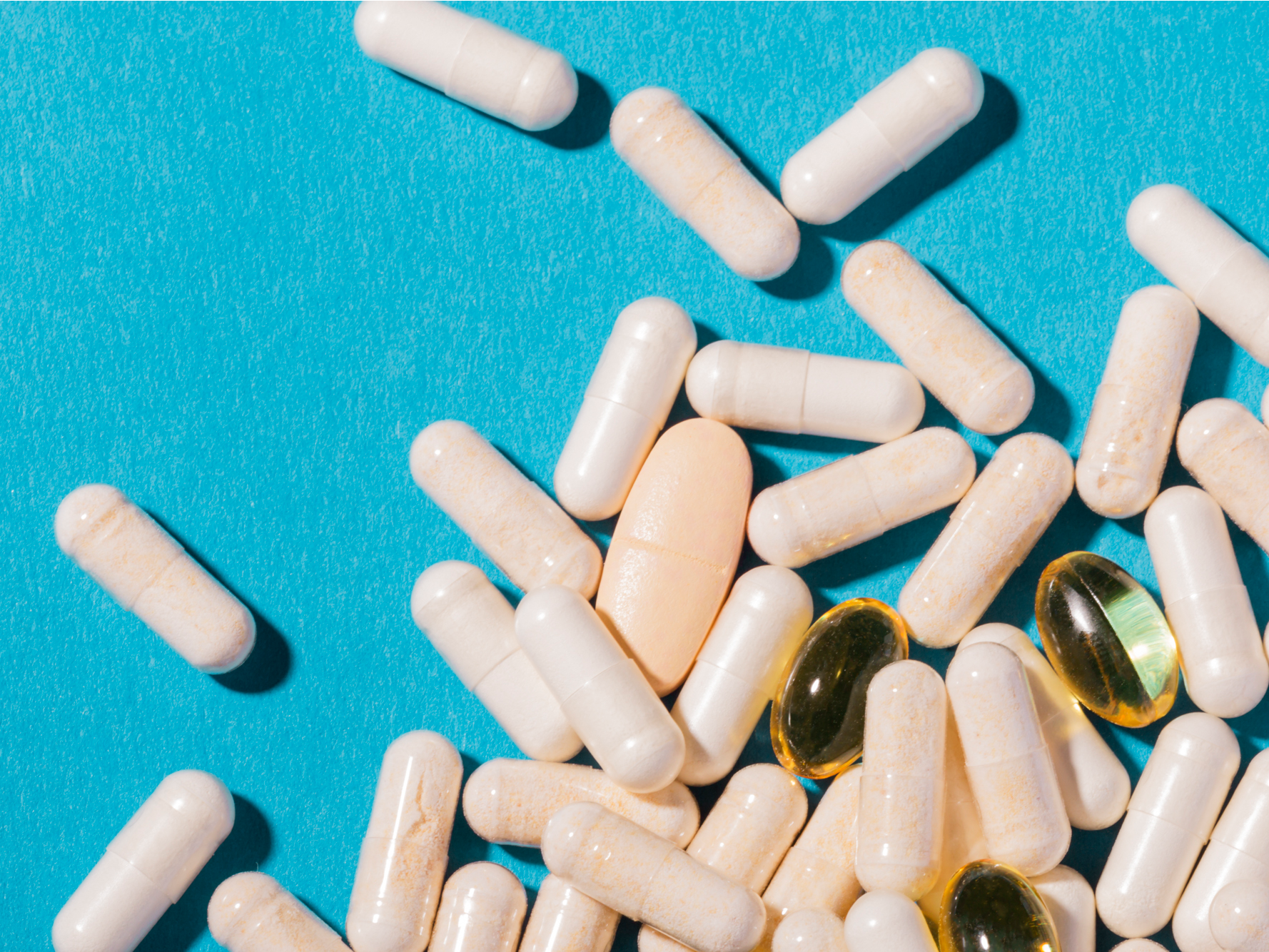
Hello,
Amid the busy news cycle, I hope you’re all having a chance to take in a few fall moments. My fall moments this week included baking my first pumpkin bread of the season, and making butternut squash soup for the first time (I had no idea how involved the process of cubing butternut squash could be!)
This week, we’ve been watching coronavirus cases start to tick up in the US and in Europe in what could be the foretold second wave.
While that’s happening, all eyes have been glued to the roller coaster ride that is coronavirus treatments and vaccines development. More on that below.
Be sure to subscribe to our newsletter here, and pass this along to your friends!

Janssen
The sprint to make effective COVID-19 treatments and vaccines has hit some road bumps — and that's OK
We might know in the coming weeks whether some of the earliest COVID-19 vaccines work.
Getting to that point hasn't been without its challenges. Back in September, AstraZeneca paused its trials after a volunteer had what might've been a serious reaction (the trial resumed in the UK but not in the US yet.)
And on Monday, Johnson & Johnson said it paused its vaccine trials after an unexplained illness in a participant.
The next day, Eli Lilly, which is making a coronavirus antibody treatment, paused its trial over safety concerns.
The scope of some trials is changing as well. Pfizer on Monday said it's testing its vaccine in children as young as 12, which will be key to getting the shot in more people.
Then on Friday, Pfizer revealed it plans to submit its vaccine for emergency approval in late November, should the shot show it works. That puts a coronavirus vaccine before the US election out of reach, but it's still an incredibly fast timeline, when compared with the historically slow pace of vaccine development.
We also got some disappointing news about a batch of coronavirus treatments.
The World Health Organization said Thursday that remdesivir doesn't prevent people who are treated with it from dying. Remdesivir is the only antiviral drug authorized to treat COVID-19, and was one of two treatments that President Donald Trump received.
Other treatments evaluated as part of the WHO trial also faltered, with the organization finding that they had "little or no effect on hospitalized COVID-19."
Meanwhile, the National Institutes of Health is embarking on more studies to see how well remdesivir might work in combination with other drugs. This dispatch from Andrew Dunn comes complete with a vivid description of hunting for treatments that will help turn off the emergency sprinkler system activated in the body when it's mounting an overactive immune response to COVID-19.
A refrain I've been keeping in mind when hearing and reporting about these setbacks, delays, etc. is just how fascinating it is to watch this science happen in real time. It's been less than a year since the novel coronavirus entered our lives, and it's remarkable how much we've learned in such a short period of time.
Here's hoping the pauses to the trials and the detours in finding what treatments work pay off in the end.
Read the full story here>>
Johnson & Johnson says pausing its coronavirus vaccine trials is 'not at all unusual,' as researchers investigate an unexplained illness

REUTERS/Agustin Marcarian
The future of coronavirus testing
Blake Dodge reports on the push for cheap, fast, and at-home coronavirus testing. The closest comparison might be to a pregnancy test.
We're not completely there yet, but there are a lot of folks developing such technology for use at home or in pharmacies. Being able to check on your COVID-19 status more frequently could help you make more informed decisions — though of, course, as we saw with the White House outbreaks, testing alone isn't a perfect system.
Read the full story here>>
Meet the 11 companies racing to make coronavirus tests that cost as little as $5 and deliver results in under 15 minutes

98point6
Bucking the SPAC trend
Megan Hernbroth had the exclusive on telemedicine startup 98point6's latest round of funding, raised just six months after its last batch.
Megan spoke to 98point6 CEO Robbie Cape about the latest trend in fundraising: SPACs, or special purpose acquisition companies that exist to help take companies public in a route that's different from the initial public offering process.
So far, we've seen two SPAC deals in healthcare, for direct-to-consumer healthcare company Hims, and health insurer Clover Health.
Cape told Megan that considering a SPAC was never in the cards.
"We will continue to make tradeoffs about the best financing strategies, and we will continue to make tradeoffs that ensure we can retain focus on the mission at hand as opposed to diluting it with other objectives and work items that come with managing a public company," Cape said.
Read the full story here>>
Healthcare startups are racing to the public markets. The CEO of 98point6 shares why that didn't make sense and why decided to raise $118 million from private investors instead.
I'll leave you with some dispatches from our project highlighting the top young leaders in healthcare.
This week: Megan highlights Anna Huyghues-Despointes, a former VC who joined a startup looking to change how we treat cancer. Instead, the 32-year-old has turned her attention to COVID-19 treatments.
You can find out more about Huyghues-Despointes, and all of our other honorees here on a page dedicated to all our 30-under-40 coverage! Let me know what you think.
That's all for now! Can you believe we're less than three weeks away from the election? (Sometimes I'm pretty convinced it's still April.)
How are you expecting the election will change digital health? What ballot measures are you watching? Let me know at [email protected] or find the whole healthcare team at [email protected].
- Lydia
